Stories beyond borders: 'Herstory' tells the tales of the women’s movement in Pakistan, one icon at a time
It is a collection of video interviews of women who have dominated struggles of women's rights in Pakistan since 1983
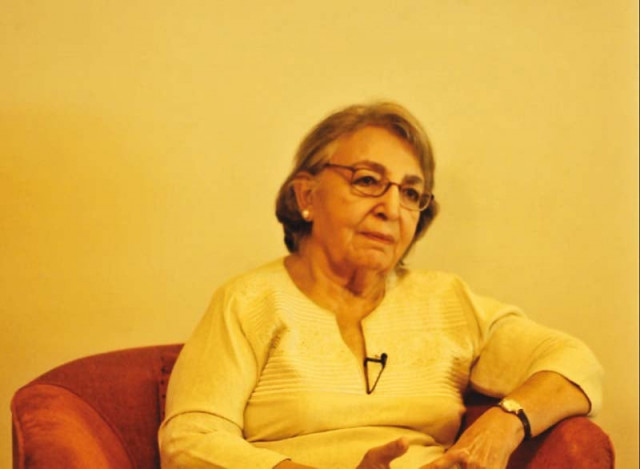
Worried that the feminist movement for young Pakistani women will be limited to the developed world, BoloBhi is trying to push forward the struggles of women in the country through its HERstory project.

A collaboration with Stories Beyond Borders, this oral history project is a collection of video interviews of women who have dominated the struggles of women's rights movement in Pakistan since 1983. The collection of video interviews started in September, 2014, and continues to this day.

Farhat Parveen has set up NOW communities to work towards de-weaponisation. PHOTOS COURTESY: BOLO BHI

Anis Haroon, a rights activist currently serving as resident director of Aurat Foundation. PHOTOS COURTESY: BOLO BHI
"People have no idea about feminism. Young Pakistani feminists are embracing The Second Sex, A Room of One's Own, The Yellow Wallpaper, but ask them about Fahmida Riaz's beautiful Chadar Aur Chaar Devari [Four Walls and a Black Veil] or ask the name of Kishwar Naheed's poem that is affectionately referred to as a women's anthem among feminists, and you get blank stares." This is how BoloBhi describes the project.
The near-absence of information in local textbooks on the feminist movement in Pakistan compelled BoloBhi to start this project and educate women about their journey. "This project is about the history of the women's movement, to tell people that there was a woman's movement and that there is a legacy," said Ghausia Rashid Salam, a research associate who collects stories for this series.
Read: Irreplaceable: Sadeque’s death leaves large vacuum in women rights’ movement
"HERstory is not just an oral history, it is a legacy," said Salam. "It is my heritage as a feminist and that's what makes it so important. If these stories are not immortalised, we will lose a piece of ourselves along with these stories."

Uzma Noorani, founding member of Women’s Action Forum and HRCP council member. PHOTOS COURTESY: BOLO BHI

Saleha Athar, a political activist and feminist who has worked in the government for social welfare. PHOTOS COURTESY: BOLO BHI
As she traced the journey of women's rights in Pakistan, Salam recalled that the most pro-women legislation took place during the Pakistan Peoples Party-led government. "Women were actively involved in working with legislators to draft the laws," she pointed out.
BoloBhi director and activist Sana Saleem believed in the power of the feminist movement. "People don't understand street power because they haven't seen street power in the past," she said. "When people see other people coming together and doing something, they do come out."
HERstory has unveiled the struggles and inspiring stories of several women. Hilda Saeed, a microbiologist-turned-women's-rights activist, shed light on the discriminatory laws passed against women and religious minorities who in turn face persecution as a result of these laws.
Read: International Women’s Day: On provincial stage, women issues still glossed over
"There is not much public awareness about what women's lives are like, most people somehow remain unaware about the social traditions and customs that are discriminatory to women," said Saeed, adding that even the educated and the well-to-do are equally unaware. "Women are not given a chance to work even if they are doctors. Domestic violence and sexual harassment seem to be increasing," she pointed out. "In such circumstances, women need to know their rights and where this movement started from."

Mahnaz Rehman, resident director of Aurat Foundation, who works for women’s rights. PHOTOS COURTESY: BOLO BHI
BoloBhi's Saleem recalled how the idea for HERstory came from an intern, Maria Said, who was surprised to learn there was an active feminist movement that Pakistan witnessed in the 1980s. "This reflected that a lot of women who are feminists don't know about it," said Saleem. "They know about the western movements but not the Pakistani one."
The team plans to hold screenings of these interviews at colleges and universities and see how young people react to the feminist movement.
Published in The Express Tribune, July 9th, 2015.

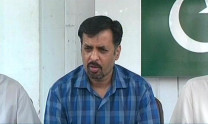
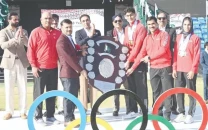

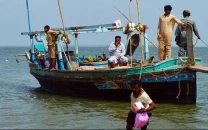

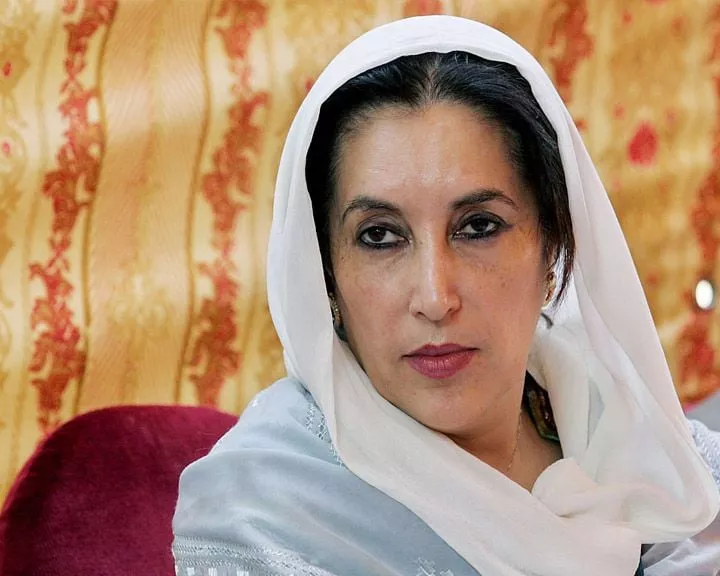





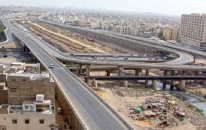






COMMENTS
Comments are moderated and generally will be posted if they are on-topic and not abusive.
For more information, please see our Comments FAQ